According to Associate Professor, Doctor Le Thi Hong Hanh, Director of the Respiratory Center, National Children's Hospital, in the past 2 months, the Respiratory Center has received many children with pneumonia caused by the SRV virus, in addition to children infected with bacteria such as HIB, pneumococcus or staphylococcus.
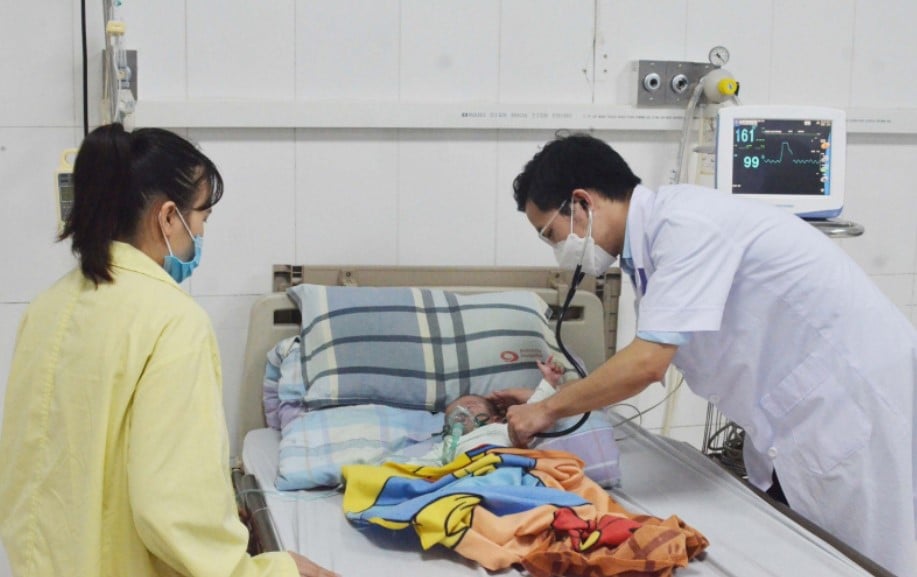
A child infected with respiratory syncytial virus RSV was hospitalized for treatment.
Ms. VTH (mother of a child patient residing in Thai Nguyen) shared that her child has been treated at the Respiratory Center, National Children's Hospital for more than 2 weeks with a diagnosis of bronchopneumonia and respiratory failure. Before that, her whole family was coughing, her child only had a runny nose, worried that her child had caught it from her parents, she took her child to the doctor. However, after that, she also had a cough and fever, with a diagnosis of pneumonia, treated at a lower-level hospital for 7 days but the disease did not improve, so she was transferred to the National Children's Hospital.
Also having a child being treated here, Ms. NMP (residing in Hoai Duc, Hanoi) said: Before being admitted to the hospital, the child had a cough, the family gave him syrup. However, the cough later got worse with signs of difficulty breathing, the family rushed him to the hospital. The doctors diagnosed the child with severe respiratory failure and needed intensive treatment.
According to Dr. Hong Hanh, when children show signs of fever and cough, families should take their children to see a doctor to determine whether the cause is a bacterial or viral infection. They should not give their children medicine on their own. Because if they have a bacterial infection, they need to take antibiotics early, but if they have a viral infection, taking antibiotics on your own will make the child's illness worse.
Dr. Tran Van San, Deputy Head of Pediatrics Department, Bai Chay Hospital, also said: Recently, the hospital has received treatment for a number of children under 2 years old with bronchitis caused by RSV virus infection with symptoms such as cough, fever, sneezing, runny nose, and wheezing.
In particular, children with risk factors such as newborns and premature babies when infected with RSV virus can suffer from serious complications such as bronchopneumonia, pneumonia, respiratory failure, collapsed lung, pulmonary emphysema... requiring supportive treatment with oxygen therapy, mechanical ventilation...
The current spring-summer transition period is a favorable condition for viruses and bacteria, including RSV, to easily develop, invade and cause disease in young children with weak immune systems.
RSV virus causes symptoms that easily overlap with other respiratory diseases such as respiratory tract infections, fever similar to the common cold, making it difficult to distinguish. Therefore, when children show severe symptoms such as high fever, difficulty breathing, poor appetite, cough, blue lips, rapid, strong breathing, wheezing, many parents need to take their children to a medical facility for timely diagnosis and treatment.
In addition, the hospital also receives many children with seasonal flu, which tends to have symptoms of high fever and prolonged duration. Some children with flu have secondary infections such as pneumonia and bronchitis, requiring hospitalization.
To prevent disease, according to the recommendations of pediatricians, parents should pay attention to vaccinating their children according to the vaccination schedule. In addition, avoid letting children come into contact with people with flu symptoms such as sneezing, runny nose, cough, fever, headache, etc.; Ensure personal hygiene, clean living space. Regularly clean hands, nose, throat daily; Have a reasonable diet to improve resistance.
Source: https://www.baogiaothong.vn/giao-mua-nhieu-tre-nho-viem-phoi-vi-nhiem-virus-vi-khuan-192240412163917077.htm








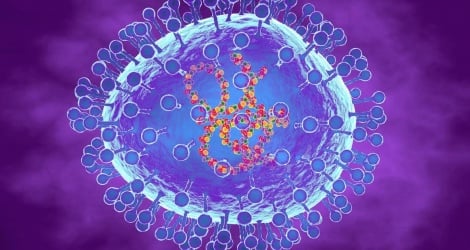



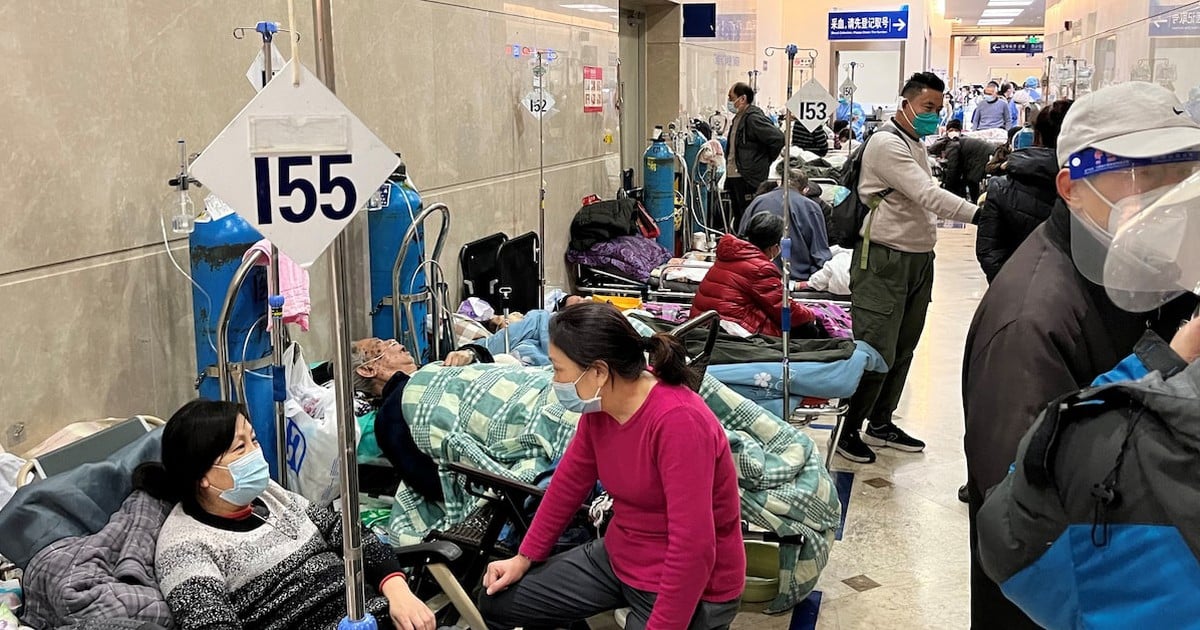

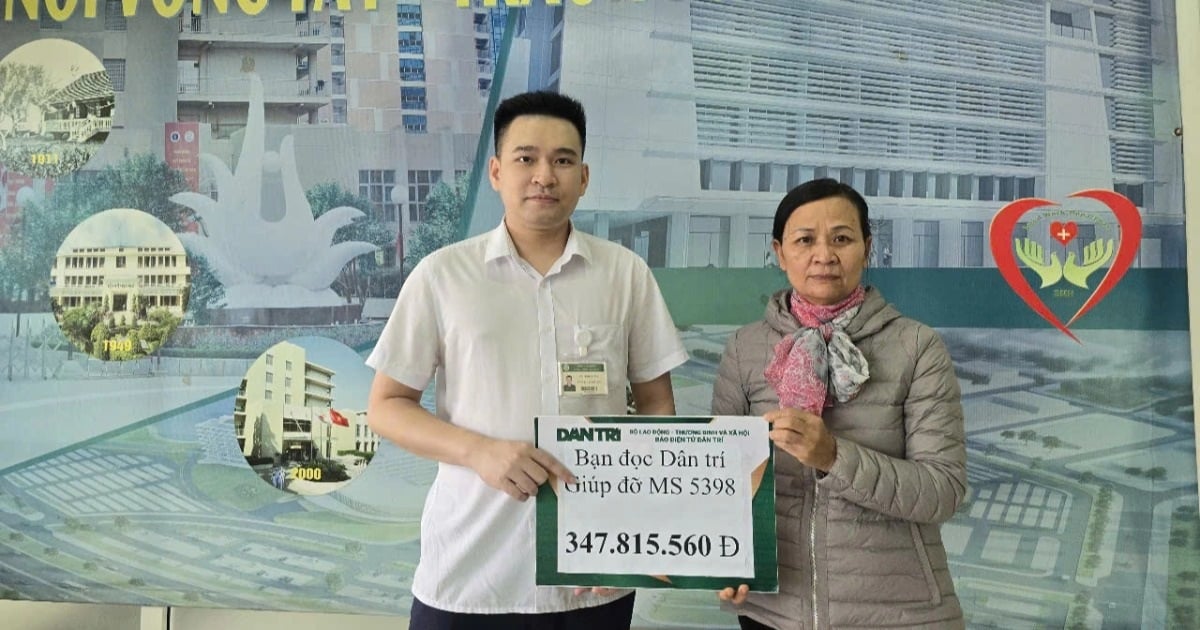

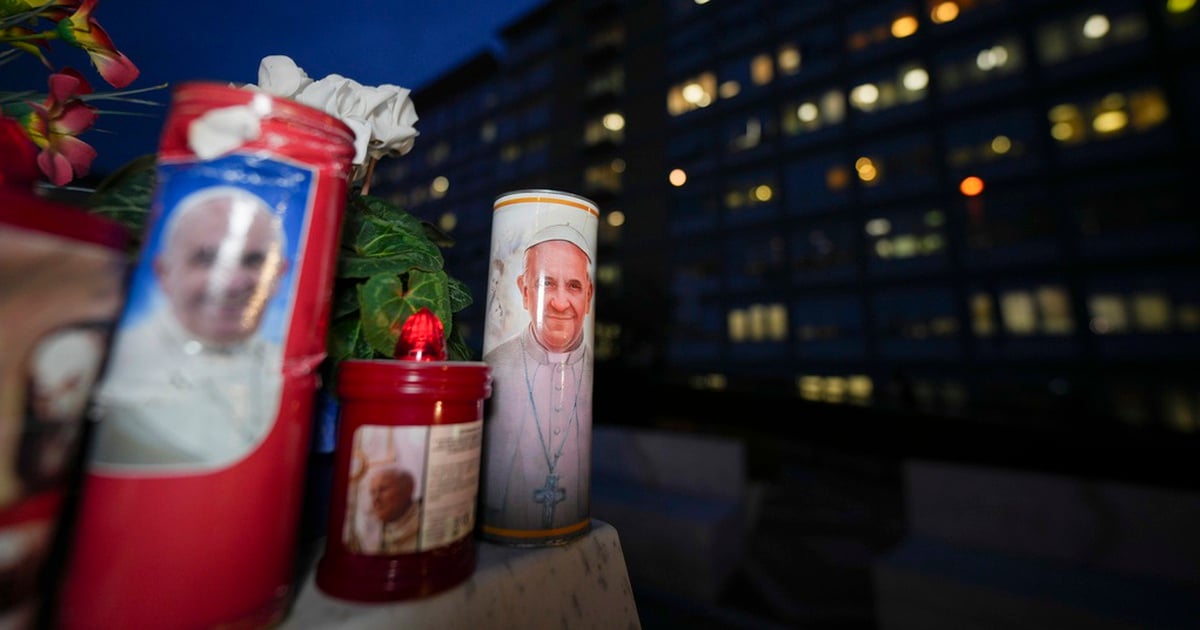
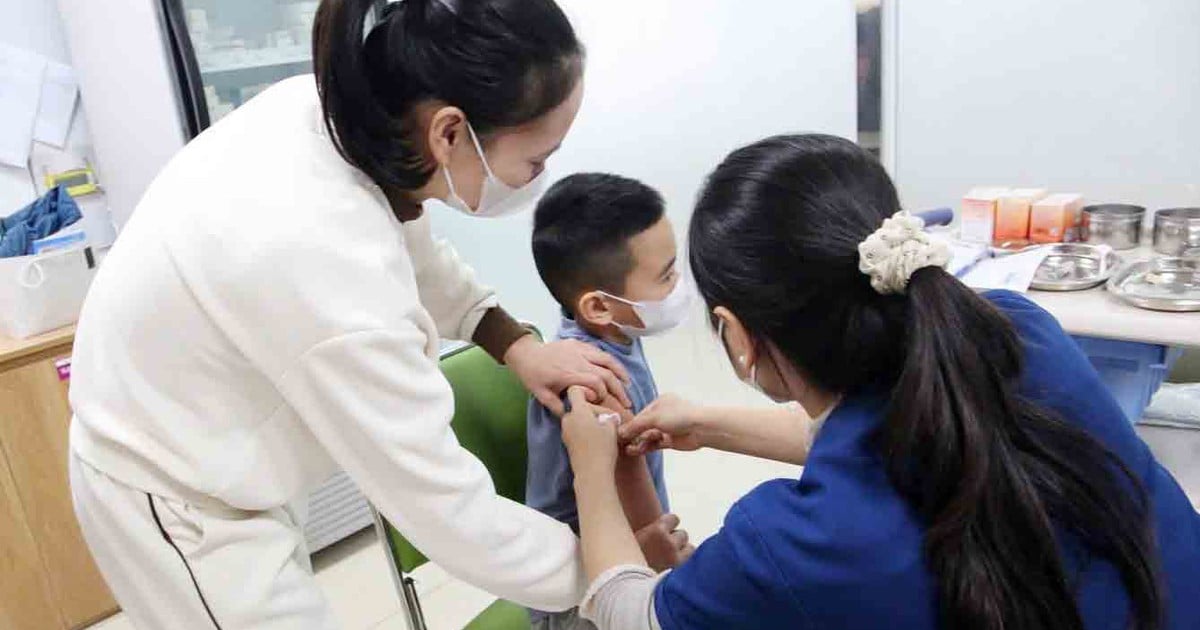






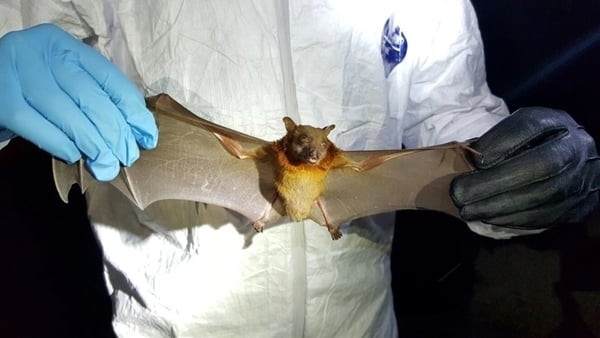

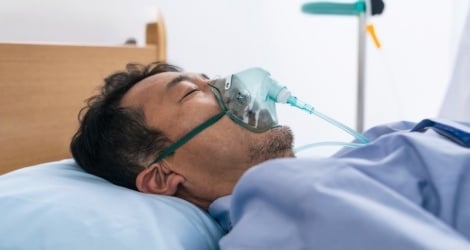















![[Photo] Prime Minister Pham Minh Chinh chairs Government Conference with localities on economic growth](https://vstatic.vietnam.vn/vietnam/resource/IMAGE/2025/2/21/f34583484f2643a2a2b72168a0d64baa)



























































Comment (0)